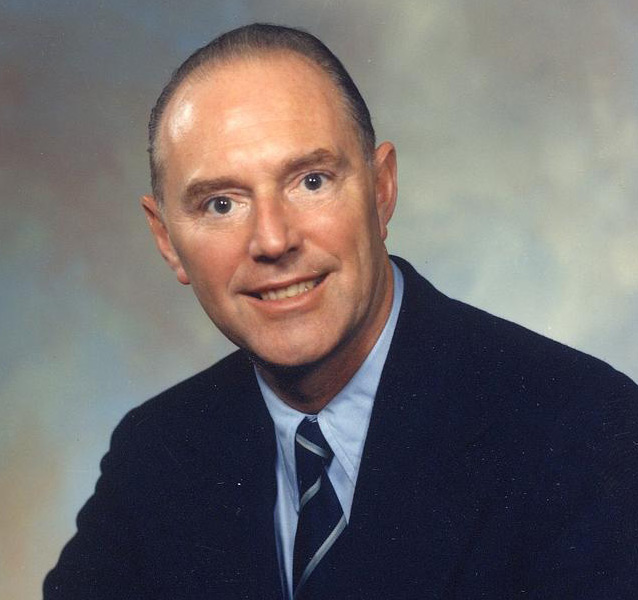H. Bolton Seed developed a love for mathematics at an early age, when he was just a school boy in England. That love of math would lead to a career in engineering and, in the ensuing decades, ground-breaking studies in earthquake-resistant design.
Known as the “father of geotechnical earthquake engineering,’’ Seed was an expert on the behavior of soil during earthquakes, which led to huge advancements in seismic design. Seed’s expertise extended into numerous other engineering fields, ranging from highways to dams to nuclear plants.
Born in England, Harry Seed received a doctorate in structural engineering from the University of London in 1947. Seed came to the U.S. to study soil engineering at Harvard University in the late 1940s. He joined the University of California at Berkeley in 1950 as an engineering professor.
At Berkeley, Seed chaired the engineering department and built the university’s geotechnical engineering program into one of the world’s best. As an engineer, Seed extensively studied disasters and engineering failures in an effort to learn ways to prevent future catastrophes.
He also mentored numerous students, published hundreds of scholarly papers and worked as a consultant on construction projects across the globe.
By Melissa Ayala

